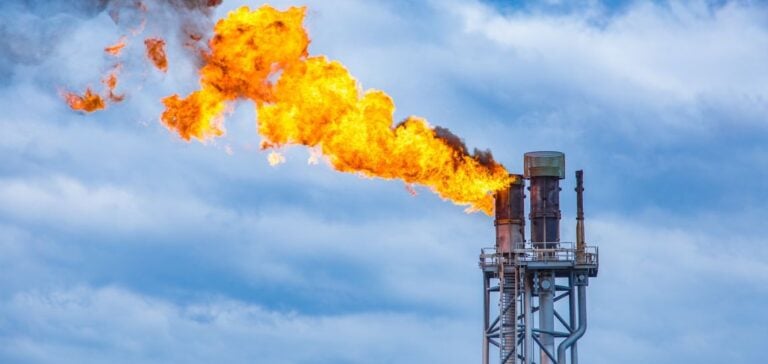China recently initiated consultations for two new carbon credit methodologies as part of its voluntary emissions reduction market, known as China Certified Emission Reductions (CCER).
These methodologies target projects using coal mine gas and improving street lighting in highway tunnels, with the main aim of reducing CO2 and methane emissions.
Use of coal mine gas
The use of coal mine gas is essential to reduce mine methane emissions and support China’s climate targets for 2030 and 2060.
Currently, methane emissions from mine gas flaring account for around 40% of the country’s total methane emissions.
Exploiting this gas is therefore a crucial approach to reducing these emissions. Projects eligible for CCER credits must use coal mine gas with a methane concentration of less than 8%.
Developers can collect flared gas or use extracted gas via ventilation systems.
Currently, gas with a methane concentration of over 30% is widely used for residential and industrial gas supply, compressed natural gas production or electricity generation.
If the methane concentration is between 8% and 30%, the gas can also be used to generate electricity via internal combustion engines.
Energy-efficient street lighting
Lighting upgrade projects for motorway tunnels, while generating more modest emissions reductions, are equally important.
Projects under the CCER methodology for lighting upgrades are expected to reduce emissions by 300,000 tonnes of CO2 per year, with a projected annual reduction of 1 million tonnes of CO2 by 2030.
Eligible projects must use streetlights with a luminous efficacy of at least 150 lm/W and install power consumption monitoring devices.
Developers are encouraged to install intelligent control systems and motion sensors to optimize the use of these streetlights.
In 2022, the annual electricity consumption of highway tunnels in China was 10.67 billion kWh, of which 60% to 80% was consumed by lighting systems.
Streetlights with a luminous efficacy of over 150 lm/W are around 20% more expensive than those commonly used, with an efficacy of 120 lm/W.
What’s more, tunnel operating costs will rise by 10% to 30% if an intelligent control system and sensors are installed.
Impact and outlook
The implementation of these methodologies represents a crucial step in China’s efforts to meet its climate targets, while providing much-needed financial support for decarbonization projects.
The exploitation of coal mine gas with a methane concentration of less than 8% and the improvement of lighting systems in motorway tunnels illustrate how voluntary carbon credit markets can play an essential role in the global energy transition.
Consultations for these two new methodologies will continue until August 12, offering stakeholders the opportunity to contribute to the finalization of these key projects in China’s emissions reduction strategy.
The CCER is thus set to become a pillar of the country’s carbon policy, channelling the necessary funding towards a variety of innovative decarbonization initiatives.
These initiatives show how voluntary carbon credit markets can play a decisive role in the global energy transition, supporting projects that would otherwise not be economically viable.
With reductions of 4.5 million tonnes of CO2 equivalent per year for coal mine gas projects and 300,000 tonnes for street lighting projects, these methodologies could have a significant impact on the country’s overall emissions.






















